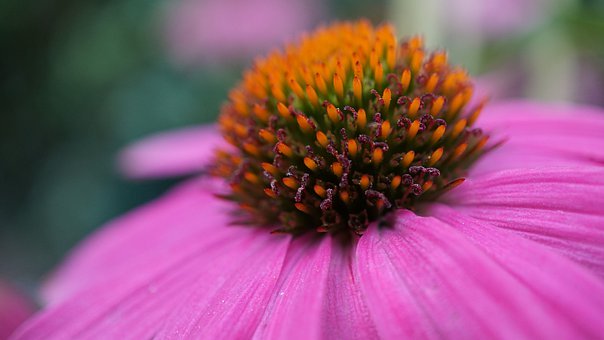Echinacea is a kind of wild flowers in Compositae, which is native to North America and Canada. Because of its outstanding immune function, anti-bacterial, anti-inflammatory, anti-virus and other functions, it has become a popular immune promoter in Europe and the United States.
In 1998, the release of the film The Patriot directed by Dean Samler, the Oscar winner for best photography, immediately triggered an upsurge of Echinacea in Europe and the United States. Nowadays, it has become one of the important directions of medical research to develop immune promotion, regulation and inhibitors from natural products.
Echinacea, with its ability to treat the virus and bacterial respiratory tract infection, has become a well-deserved expert in medicinal plants. In recent years, more and more attention has been paid to the medicinal value of Echinacea, which has become one of the plant medicinal materials with the greatest demand in the international market.
There are many reports on the chemical constituents of Echinacea. It is confirmed that the main chemical constituents of Echinacea include polysaccharides, caffeic acid derivatives, volatile oil, polyacetylene, alkylamide and flavonoids. Echinacea preparation has the functions of enhancing immunity, anti-inflammation, and anti-infection. So far, it is one of the few medicinal plants found in the world that have the dual functions of enhancing immunity and diminishing inflammation.
Echinacea has a wide range of medicinal applications and stable and exact therapeutic effects, which are mainly used to promote the immune function of the body, fight against various infections, increase leukocytes, inhibit hyaluronidase, fight against bacteria and fungi, promote tissue regeneration, eliminating inflammation, improving cellular immune function and inhibiting tumor.



